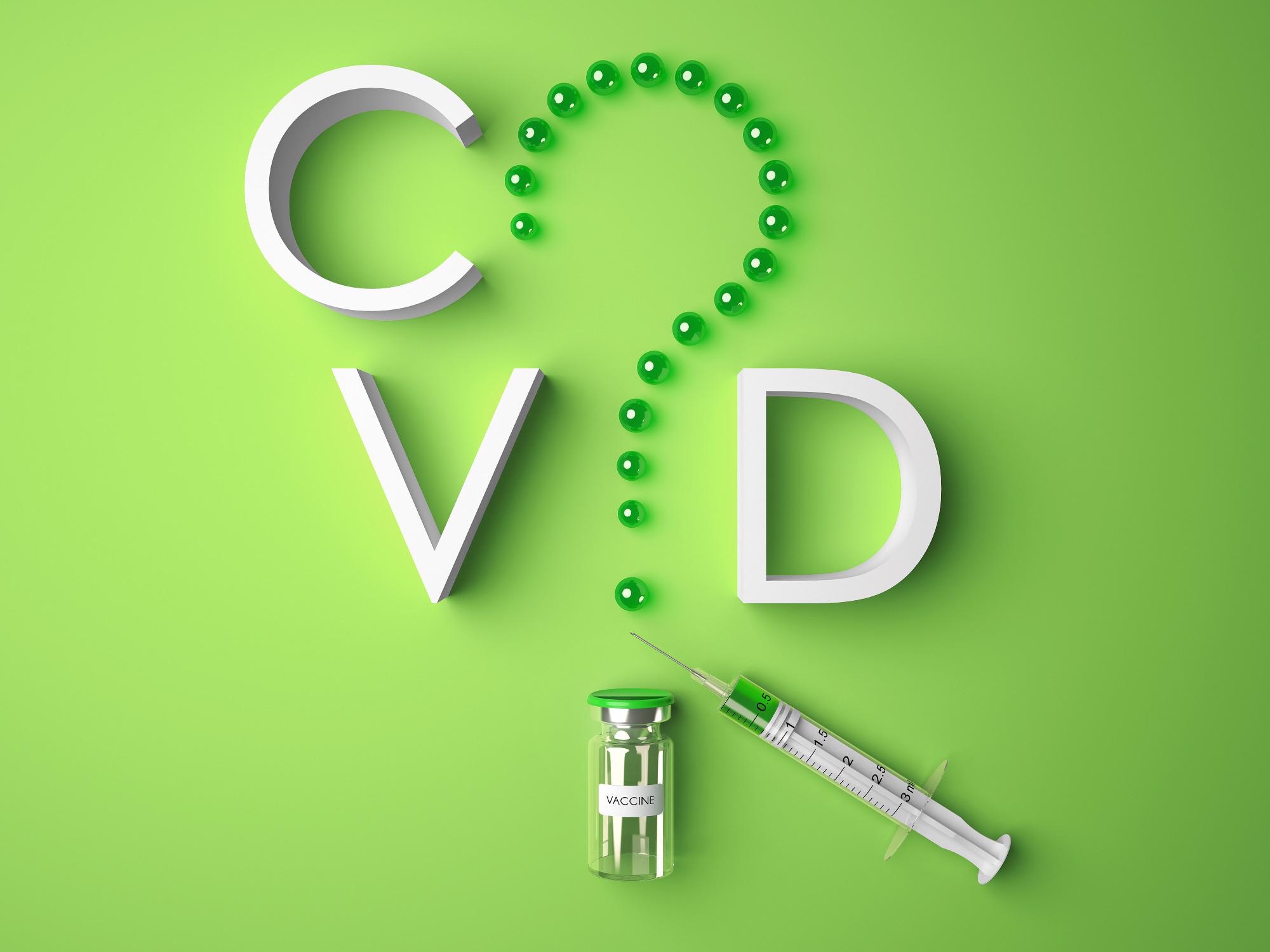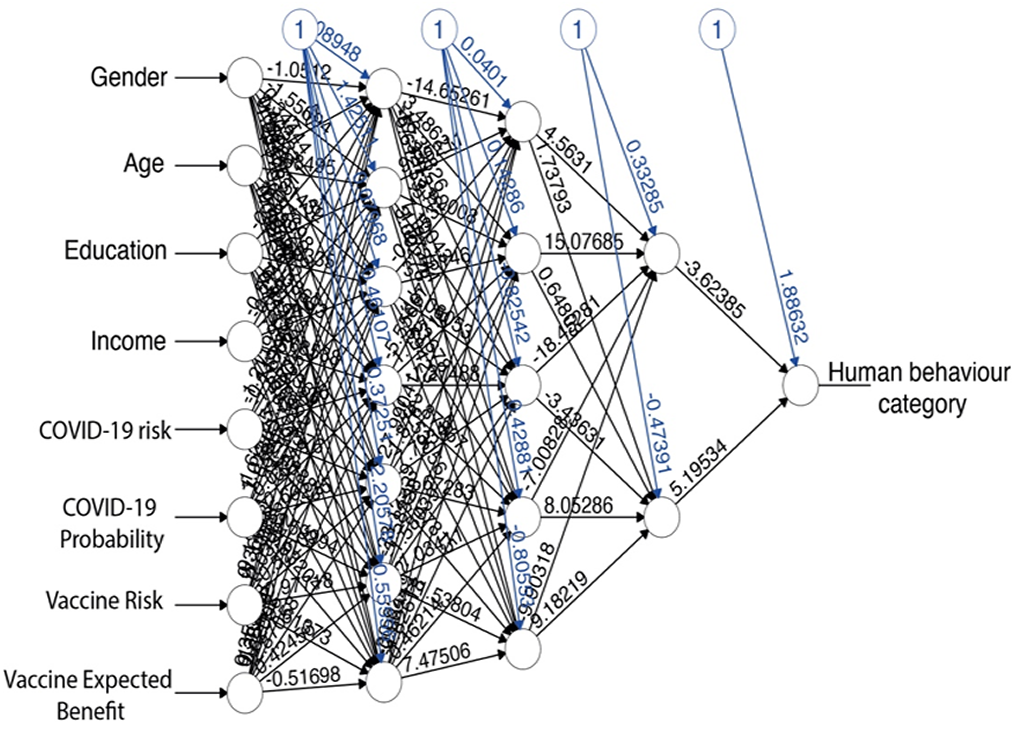Vaccine hesitancy refers to delay in accepting or refusing immunization services despite their availability. It is a complicated and context-dependent phenomenon that varies with time, place, and vaccines. Vaccine hesitancy might compromise herd immunity and have an adverse effect on vaccine campaigns.
The COVID-19 pandemic has been followed by a massive infodemic - a flood of information, some of it correct, some of it not - that has the potential to hinder public health response to a pandemic. In today's world, where information is divided into misinformation and factual information, truthfully provided facts cause challenges in comprehending reality.
Acceptance of the vaccination has been observed to be dynamic, and it is particularly responsive to current facts and emotions around the COVID-19 vaccine. A recent study posted to Research Square* preprint server, and under consideration at the journal Scientific Reports, aimed to learn more about how and to what extent vaccine hesitancy can alter over time at the individual level by considering parameters such as dynamic preferences, news reporting, and gender influence.
 Study: COVID-19 vaccine: factual reporting, dynamic preferences, and gender hesitancy. Image Credit: annaevlanova.ru
Study: COVID-19 vaccine: factual reporting, dynamic preferences, and gender hesitancy. Image Credit: annaevlanova.ru

 *Important notice: Research Square publishes preliminary scientific reports that are not peer-reviewed and, therefore, should not be regarded as conclusive, guide clinical practice/health-related behavior, or treated as established information.
*Important notice: Research Square publishes preliminary scientific reports that are not peer-reviewed and, therefore, should not be regarded as conclusive, guide clinical practice/health-related behavior, or treated as established information.
The study
In June 2021, the team used a designed poll to interview 1,068 persons in France and Italy about their willingness to adopt the COVID-19 vaccine in three different timeframes: three months, one month, and the same day. The option of not opting for a vaccine was also addressed to understand the volubility of preferences better. As a result, the possible answers were limited to three options: yes, maybe, and no. The questionnaire also evaluated the perceived risk and probability of COVID-19, as well as the perceived risk and expected benefit of the vaccine.
A randomized controlled trial was also performed to determine the effect of everyday stimuli, such as factual vaccine news, on audience acceptance of vaccination. To further understand individual personality features, the DOSPERT psychometric test was employed.
In the main experiment, participants were asked to read two distinct stories regarding vaccine-related thrombosis pulled from two Italian newspapers, one with a more abstract description and language and the other with a more anecdotal abstract and concrete language.

Neural network analysis structure
The findings
According to the study, people appeared to be voluble because of their volatile decisions when they were subjected to common stimuli that occur on a regular basis, such as reading a newspaper story. Furthermore, the data suggest that individual vaccination preferences were varied and unstable over time and that personal choices of accepting, refusing, or delaying vaccination might well be influenced by how news is reported.
In Italy, 39.7% of people would reject the vaccine today, 25.6% in a month, and 19.4% in a three-month period. 63.6% of the French refuse vaccination today, 44.2% one month from now, and 35.1% three months from now. Based on previous studies, France has higher vaccine hesitancy than Italy.
Surprisingly, after reading newspaper articles, vaccination hesitancy increased, and vaccine acceptance declined. This pattern seems to be driven by vaccination risk-return individual evaluation in the designed model based on human behavior categories. In addition, the abstract text increased vaccine hesitancy more than the concrete text, which was surprising given that the abstract text used more scientific language, and the concrete text used more anecdotal language.
In Italy, women accept vaccination more than men and are more likely to fall into category 1 – pro-vaxers: 48.2 % of women total sample (TS); 29.8 % of males TS. Anti-vaxers account for 7.1% and 23.4 % in category 7.
In France, women accounted for 21% of TS in category 1, while men accounted for 13.2%. In category 7, women made up 22.8% of the total, while males made up 35.8%.
In contrast, women accept the vaccine less than men in the abstract text group in Italy: category 1 has 23.1% of TS of women and 36.4 % of TS of men. In category 7, 38.5 % of TSs were female, whereas 3.9% were male.
Symmetrically, in the French abstract text group, in category 1, females account for 10.4% and males for 13.2%. Category 7 anti-vaxers were 40.3 percent females and 31.6 percent males. In France, females made up 13.8 percent of the concrete text in category 1, while males made up 7.8 percent. Anti-vaxers were found in 7.9 percent of cats and 32.5 percent of males.
Thus, women were keener to get vaccinated at the start of the study, but after reading the abstract text, a significant percentage of them changed their minds and became anti-vax. On the other hand, men become less willing to get vaccinated after reading the concrete text. This brings into focus gender disparities in reactions to real news.
The findings of this decision-making mechanism show that gender-specific communication could play an essential role in encouraging vaccination decisions and acquiring herd immunity.

 *Important notice: Research Square publishes preliminary scientific reports that are not peer-reviewed and, therefore, should not be regarded as conclusive, guide clinical practice/health-related behavior, or treated as established information.
*Important notice: Research Square publishes preliminary scientific reports that are not peer-reviewed and, therefore, should not be regarded as conclusive, guide clinical practice/health-related behavior, or treated as established information.